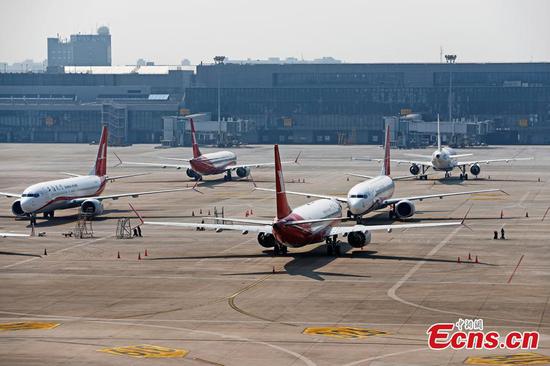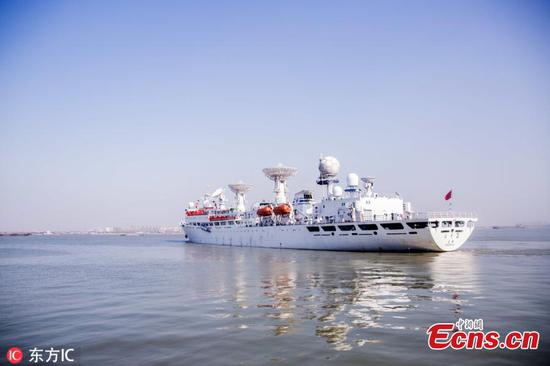Many investors across the world have shown intentions to increase their allocations in Chinese fixed income assets over the next three years, according to findings of a new U.S. study on global fixed income.
The annual study, titled Global Fixed Income Study, found that 58 percent of the participating asset owners in North America plan to increase allocations to China over the next three years, according to a Monday briefing on the study by Invesco, a U.S. independent investment management company.
The study was conducted through face-to-face interviews with 145 investors across North America, Europe, the Middle East, Africa and Asia Pacific, who are responsible for the fixed income components of portfolios totaling 14.1 trillion U.S. dollars in assets under management as of June 30, 2018.
In search for enhanced yield and diversification, "Chinese fixed income allocations are set to grow as investors look through trade and geo-political issues," said the briefing.
While recognizing China's underrepresented bond portfolios, especially its role in the global economy and the size of its debt market, "32 percent of fixed income investors globally intend to increase their allocations to China over the next three years," it said.
Invesco also found that 51 percent of global investors had plans to add Chinese fixed income assets as a longer-term strategic decision, which will be underpinned by the increased weighting of China in major fixed income indices expected in 2019 and beyond.
"With the prospect of higher yields and lower correlations to developed markets, combined with higher weights in fixed income indices over time, there should be a structural tailwind for investing in China," the briefing noted.
"There is a growing fascination with China as an investment destination, given its sheer size and economic heft, but also given its rapid market liberalization and growing list of highly successful corporations," said Julie Salsbery, senior client portfolio manager of Invesco, in the briefing.
"While index inclusion will definitely accelerate both awareness and investment, China is still classified as an emerging market and will therefore likely be subject to bouts of volatility," Salsbery cautioned.


















































